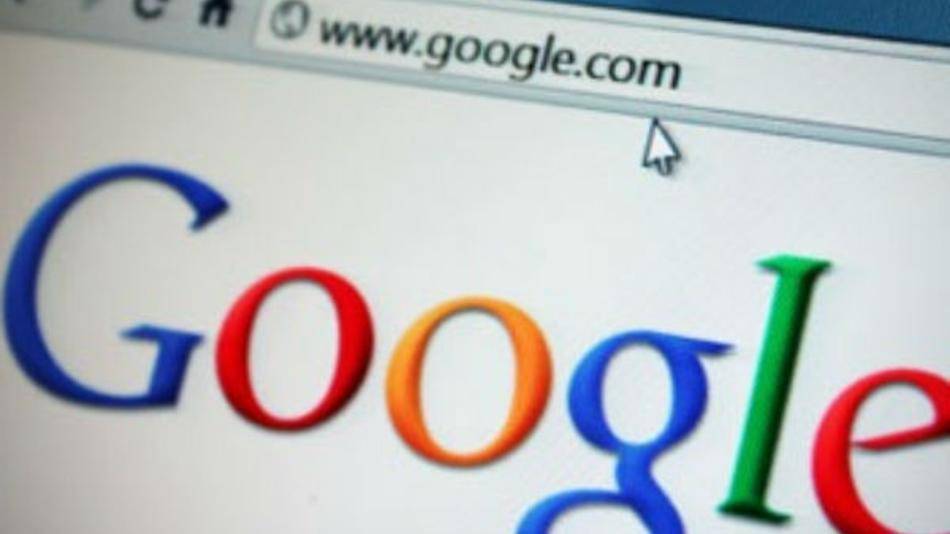
Google has announced a change to their general Terms of Service, allowing for some polarizing things to take place. For starters, Google now reserves the right to use your reviews and likeness in advertisements. The other changes have to do with responsible use of your mobile device (don’t play with your device while driving), and keeping your password safe (don’t use the same password everywhere).
The most interesting of the three changes is, of course, Google opting to use your endorsements and image in ads. More to the point, your reviews and image may end up in ad space across their brands. Say you went to a restaurant, and gave it a fantastic review; that could end up being used in an ad on Google, or in search queries for the establishment.
Diving deeper into the rabbit hole, anything you do across Google services could end up being used in advertisement. Say you plus-one and/or follow this restaurant you (now) famously love. That could also end up being used. From the new Google ToS:
If you have a Google Account, we may display your Profile name, Profile photo, and actions you take on Google or on third-party applications connected to your Google Account (such as +1’s, reviews you write and comments you post) in our Services, including displaying in ads and other commercial contexts.
The benefits here are that Google will respect your wishes, should you only choose to have your reviews and such appear to a limited crowd. You can also opt-out of it entirely, so your name and likeness no longer appear in any advertising. Those users who are under 18 will automatically be excluded, with the changes taking effect November 11th.
Google hasn’t quite shared just how far reaching this could be. They haven’t mentioned whether or not this gives establishments the right to use your review outside of their services, rather than just Google and apps connected to your account. It sounds like a simple ploy to get ad revenue by making search results a little more human. The “Google City Experts” program is starting to make a lot more sense, now.
VIA: The New York Times










“This only happens when you take an action (things like +1’ing, commenting or following) – and the only people who see it are the people you’ve chosen to share that content with.”
So that doesn’t sound very far reaching to me…
“This only happens when you take an action (things like +1’ing, commenting or following) – and the only people who see it are the people you’ve chosen to share that content with.”
So that doesn’t sound very far reaching to me…
“This only happens when you take an action (things like +1’ing, commenting or following) – and the only people who see it are the people you’ve chosen to share that content with.”
So that doesn’t sound very far reaching to me…
“anything you do across Google services could end up being used in advertisement” long and short I’ll not be posting endorsements only the down side. (let’s see which ads include my name etc?)